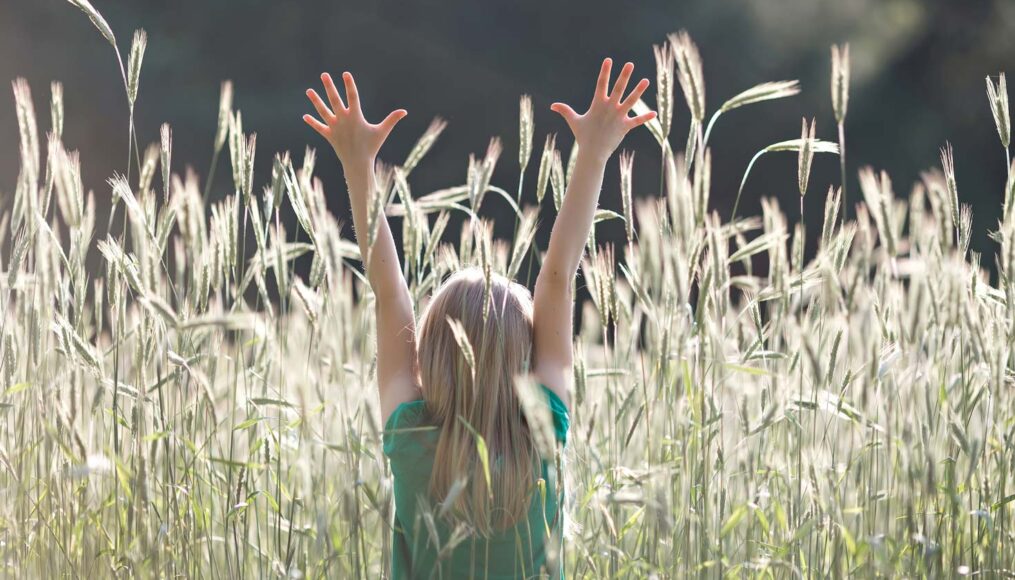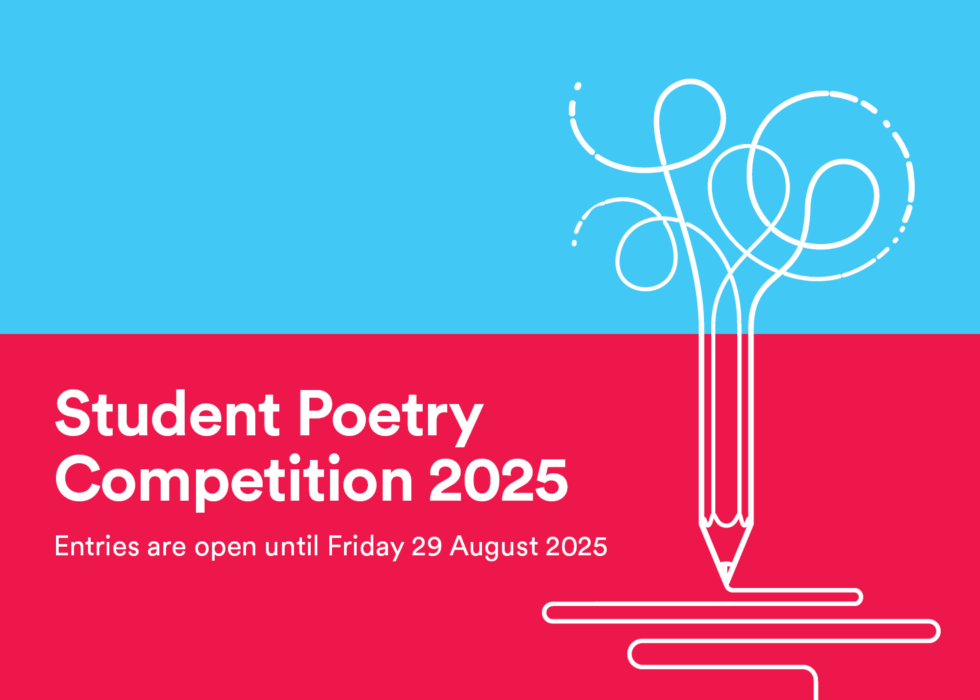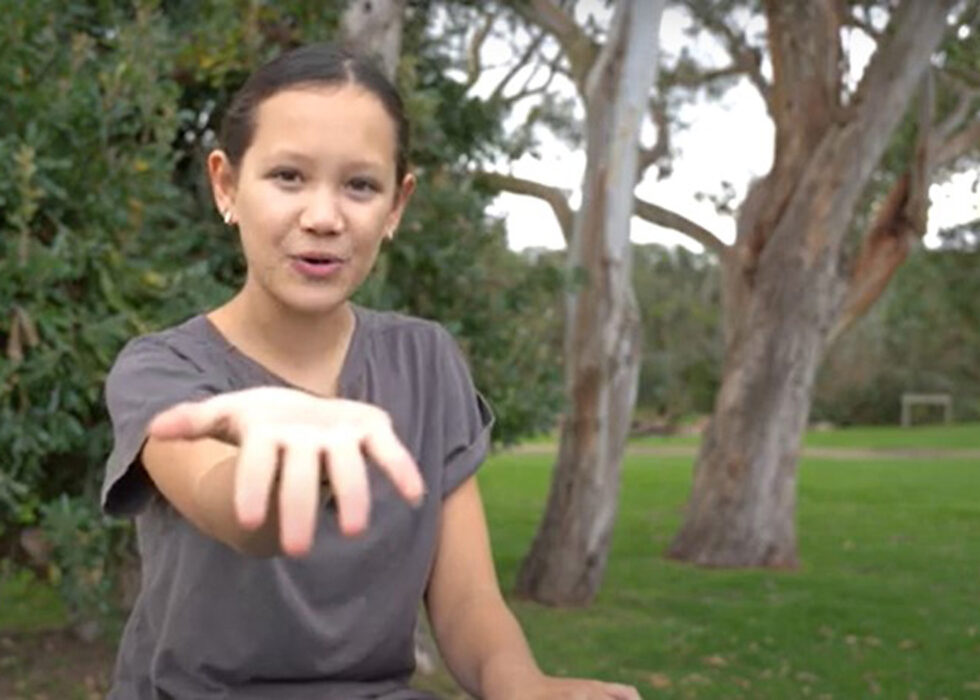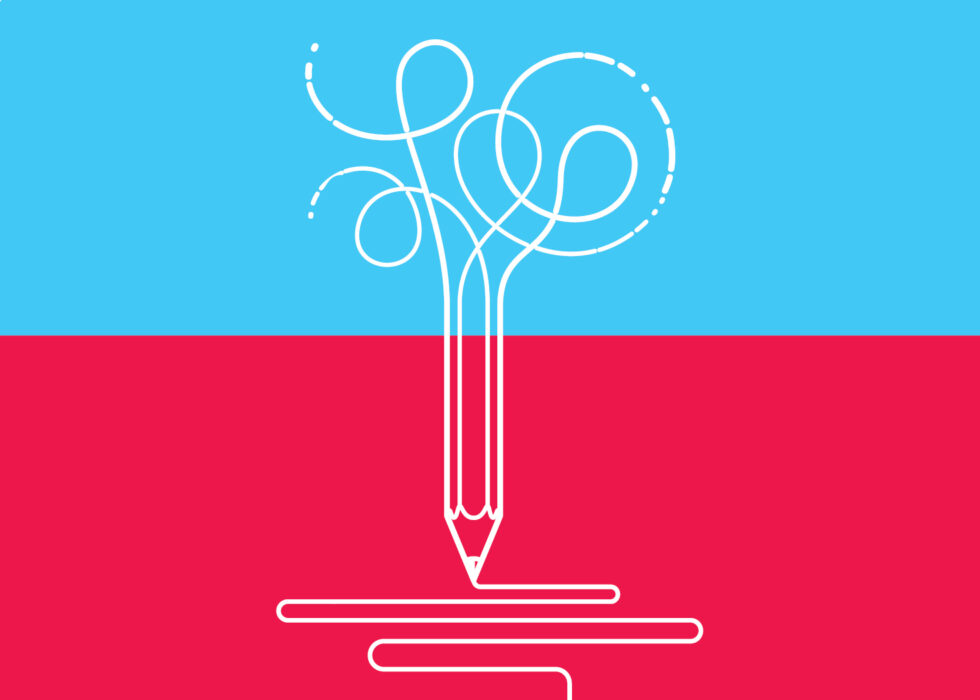Wear gratitude like a cloak and it will feed every corner of your life.
– Rumi, 13th-century Persian poet
Gratitude is our theme for the 2025 ISV Student Poetry Competition. It was an easy choice considering the many studies that have linked gratitude to increased happiness, stronger relationships and improved physical health.
Studies on gratitude among youth suggest that it fosters more positive emotions and better attitudes toward school. Even children as young as two can be supported to show and feel gratitude.

Perhaps more uplifting is that research shows that by using a gratitude journal as a tool for recording and reflecting on the things we are thankful for, our emotions and attitudes can be intensified. Writing your own gratitude poems and sharing these with others should have the same magical effect.
There are many definitions of gratitude, but the 2010 definition by Sansone and Sansone seems efficient for our purpose: ‘Gratitude is the act of recognising and acknowledging the good things that happen, resulting in a state of appreciation’. Such a definition is similar to an emotional and touching thank you, reminding us of the positive aspects of our lives.
It is possible to become so entrenched in the day-to-day routine and focus mostly on the big goals, that we forget to appreciate the tiny yet precious moments that occur throughout our day.
One of the key concepts in Positive Psychology is gratitude depicted as an iceberg.

When we consider what we are grateful for, it is often an intense life experience or occurrence that come to mind. We may feel grateful for our home and family, good health and the opportunity to gain an education. Appreciating and being grateful for these experiences is important, but our gratitude practice must also venture below the surface.
Below the surface, we find all the simple, daily pleasures that are often ignored. This may be the warmth of the sun on your face, the terrific book you read, the joke you shared with close friends, or the first sip of a cold drink on a hot summer’s day. Whatever these simple pleasures may be, consciously expressing our gratitude for them can really help us grow our gratitude practice beyond the surface level.
Gratitude is a strength that can be enhanced with awareness and practice. Once you take note of what you are grateful for, you begin to lose sight of what you lack. Since reflecting on gratitude over the past weeks, I came to realise it is definitely a strength that can be enhanced. An intentional focus on gratitude can shift our perspective, allowing each of us a more optimistic outlook.
This took me back to last weekend when I watched an AFL game. A more senior player passed the ball to a younger team member who hovered closer to the goal posts. After securing the goal, he turned towards his teammate with his fingers placed in a heart shape. The smile on both their faces was infectious. My heart immediately lit up too. Gratitude has a domino effect.

As we celebrate the launch of our 2025 Student Poetry Competition, it is also worth mentioning that researchers are now studying the implications of reading or listening to poetry for wellbeing and the brain. Poetry not only stimulates emotional and aesthetic responses but also enhances cognitive functions like flexible thinking and the capacity to understand complex, multiple meanings, which can be beneficial in everyday decision-making.
Poetry aesthetics may be a new frontier but already it is clear that there is a wealth of pleasure and advantages to be gained from engaging with poems.
Christina Wu of University College London notes that poetry awards the brain pleasure when we untangle the unlikely associations of a clever metaphor or themes and motifs in a piece. And when a poem resists interpretation, as we untangle and construct meaning in one spot while raising questions in another, our higher mental effort results in increased feelings of pleasure. Furthermore, the greater the gap between our prediction and the outcome results in a larger emotional response.
Wu also states that new turns of phrase can delight, while tired cliches can feel like beating a dead horse. Hopefully, such advice should convince those entering the competition of the importance of reading, sharing and listening to poetry if they truly wish to become a poet.

- Draft a poem that is a short thank-you note for a tangible object for which you are grateful. Describe it in as much detail as possible without saying what it is and have others guess.
- Think about what the poet Darius V. Daughtry meant when he wrote ‘I wonder where we would be if the masses knew / just what a poem could do’.
- A final reminder; there are 86,400 seconds in a day. Have you used one today to say thank you?
Happy writing!


